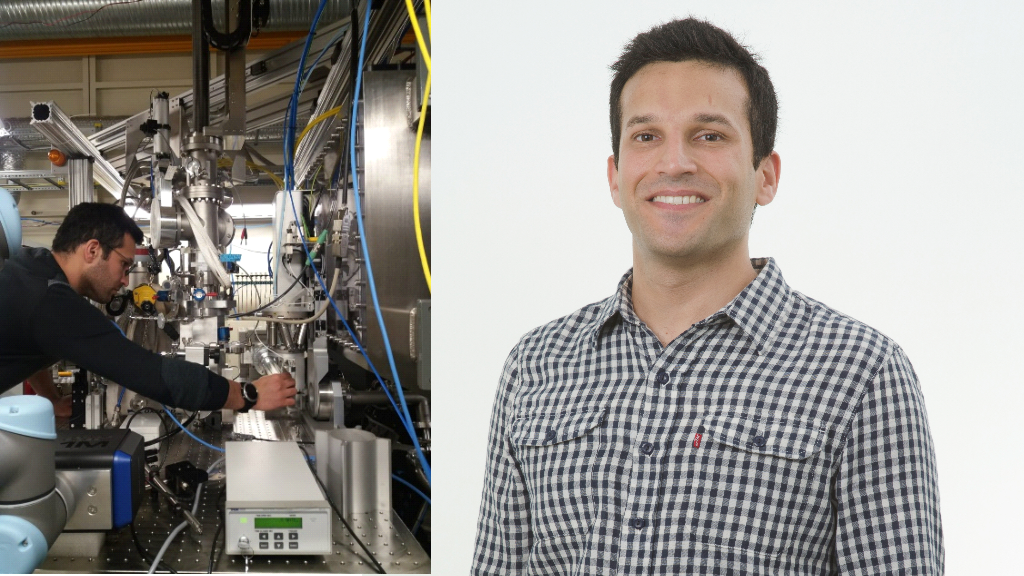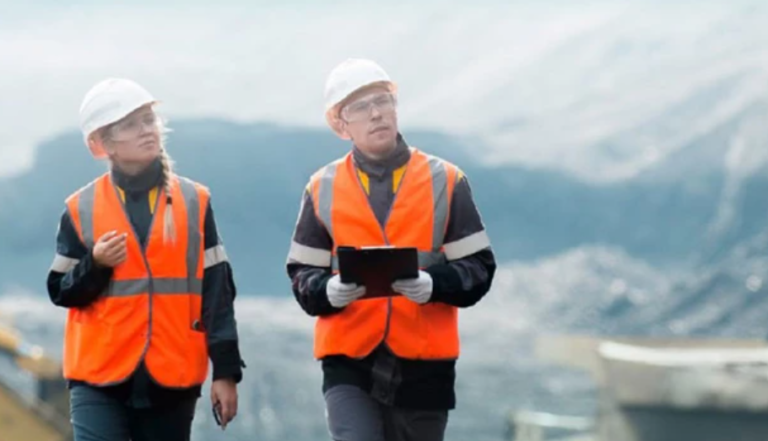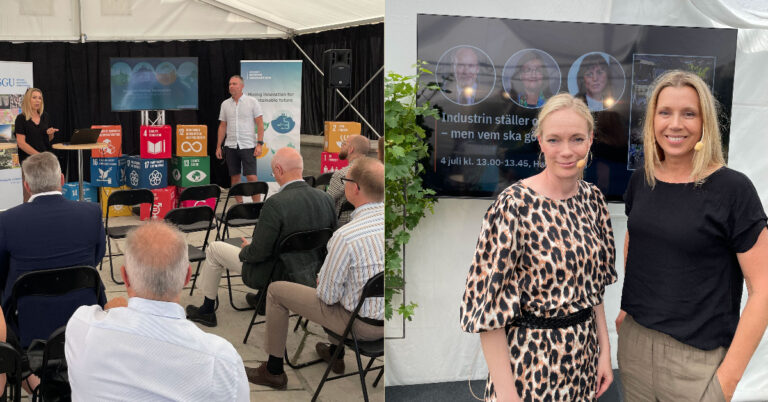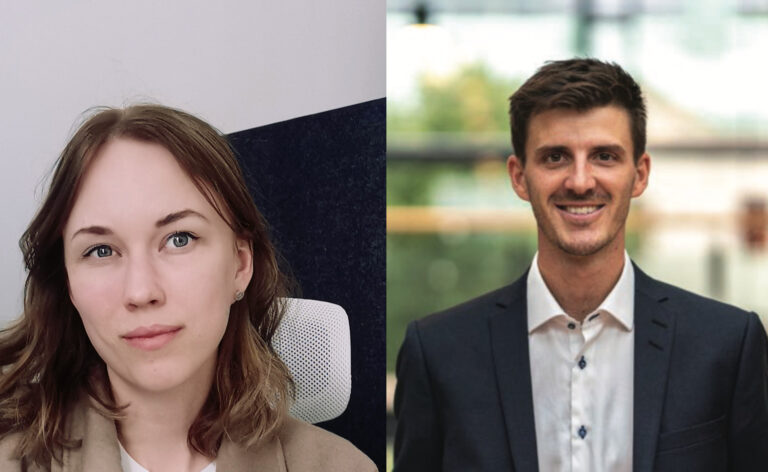A few weeks ago Sina Shahabi Ghahfarokhi defended his dissertation “Baltic Sea sediments: source and sink for metal contamination” at Linnaeus University. Sina is a member of Swedish Mining Innovation’s PhD student network. We took the opportunity to ask him some questions about his licentiate and the future.
Hi Sina, and congratulations! How does it feel to be done?
I feel happy now. Like all journeys, there is an end, and for us, Ph.D. students, the end of the trip comes with a 4-5 hour evaluation which is exhausting at the moment.
You have chosen to become an expert, how come you chose this area?
I truly admire nature. However, soil, waters, and sediments are easily contaminated or altered. It gives me the joy to understand complex problems.
For me identifying the speciation, source, and fate of metals is intriguing. Also, as a curious individual, I like to evaluate the possibility of new remediation techniques in metal-contaminated sediments and waters.
What are the main results of your dissertation, and how can they be used?
My Ph.D. thesis dealt with offshore marine sediments and acid sulfate soil in southern Sweden. From the Baltic Sea studies, I concluded that the geochemical background values should be evaluated for each sub-basin of the Baltic Sea. The Geochemical backgrounds of Pb, Zn, Cd, Cu, As, Co and U are calculated. Arsenic is strongly contaminated in the Gulf of Bothnia, while Cd is strong-extreme contaminated in the Baltic Proper. The increasing concern of eutrophication is calling for remediation of oxygen-free zones of the Baltic Sea. The proposed re-oxygenation of the anoxic Baltic Sediments was tested and showed the release of As, U, Mo, Mn, Rb, and other metals into the sea water even in a short time (96 hours).
From the acid sulfate soil setting, I analyzed soil, sediment, and surface material at the MAX-IV synchrotron facility to understand the iron speciation in our setting. This is crucial since iron is key element in such settings. In addition, with metal contamination identified in the study area, green remediation with spent coffee-grounds was proposed and tested.
How will you continue to work towards your doctoral dissertation?
I am writing a new article on the geochemical background, temporal, and spatial distribution of the critical technological elements (TCE) in the entire Swedish territory of the Baltic Sea.
What has been most exciting so far?
First, understanding the geochemistry of acid sulfate soils and Baltic Sea sediments was very exciting for me and I learned a lot. Then proposing and to test remediation options for both under-study environments really gave me a lot of motivation and excitement. Often, is not the case that the studies propose or further study remediation options by the Ph.D. students. Finally, I have proposed and tested green remediation by spent coffee-grounds. The lifespan of this waste was also extended by the potential recovery of metals from the incinerated ash of this waste. So overall the whole journey was exciting for me.
You are a member of the Swedish Mining Innovations PhD student network, what do you see as the benefits of being part of the network?
As a geochemist, I saw how strong could be the influence of geochemistry in the mining industry both for metal/mineral identification and speciation and remediations. The different visits organized by the respected network extended my professional network by visiting many sites and having discussions among the experts and us. Also, as Ph.D. carrier can be a bit lonely, this network allowed me to get to know very knowledgeable and friendly people from my field of studies.
Thank’s Sina, and the best of luck to you!
Read more
Swedish Mining Innovation Phd student network







